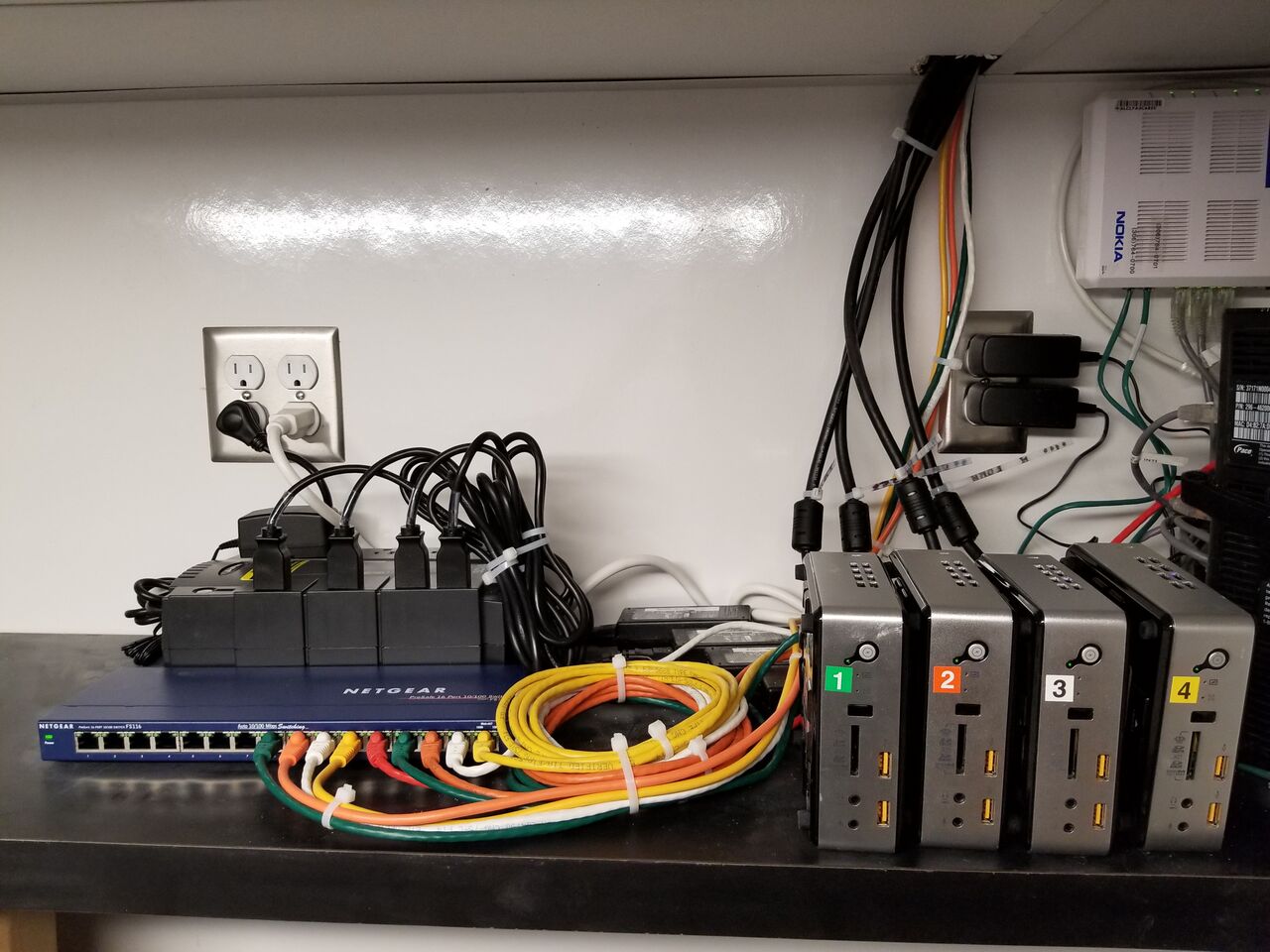Once upon a time, a merchant took a customer’s money in exchange for a spindle of fabric or a sack of flour. After completing the exchange, she wrote the details of the purchase in a ledger so that she could keep track of the monthly sales figures.
Today, the methods for keeping track of monthly sales even for the smallest of small businesses holds little resemblance to those antiquated business practices of old. The benefits of updating to the latest accounting software or switching from a credit card swiper to an automated chip reader need little explaining. Adapting to changing technology is important, but it’s also important to remember what hasn’t changed over the years.
People.
The heart and soul of why you do what you do. Without people and their many wants and needs, it wouldn’t make a megabyte bit of difference whether you used a ledger or a chip reader.
In a recent article by Daniel Newman, he describes how small businesses have the ability to adapt better to new technology than larger companies. But in order for a lean, mean organization of a dozen people to navigate the never ending changes in business technology, they must develop “a culture of change.”
That change has everything to do with the people you serve, whether it’s your customer or the team who serves the customer.
 Remember that predictability for your customer is a powerful motivator to keep them coming back. Carl Coffee looks forward to having 2 pounds of the same whole-bean French roast sent to him every month. If you make changes to your delivery method or the way your webstore processes credit cards, you need to remember that Carl is still counting on you to make his life predictable.
Remember that predictability for your customer is a powerful motivator to keep them coming back. Carl Coffee looks forward to having 2 pounds of the same whole-bean French roast sent to him every month. If you make changes to your delivery method or the way your webstore processes credit cards, you need to remember that Carl is still counting on you to make his life predictable.
Maybe you can implement changes to your system without ever interrupting Carl’s monthly routine. If that’s unavoidable, you’ll probably need to send Carl an email explaining the reason for modifying your methods and offer him a simple, painless way to adapt to your modifications with clear instructions for doing so.
Also, your team of professionals also need you to see the bigger picture of why you’re changing their daily rhythm. Employ superior communication with them when changing your POS system or introducing a leaner phone network. Remember, they’re the ones make the wheels of your organization go around, and like any machine, without the proper care and maintenance, they’ll grind your operation to a halt.
When you rollout a big change, consider consulting them first. Find out what works in their world and what doesn’t. Ask for their input in regards to what technology serves your business well and which ones just clog the system.
Even with smaller changes, you need to communicate before, during, and after to make sure your people understand why such changes are needed. The more your people feel as though they are valued, they will invest themselves in the adjustments you make because they understand the why behind what you’re doing.
A healthy company, regardless of its size, demonstrates a high degree of flexibility when it comes to the constant incoming and outgoing of technological equipment and software. Your people should always be at the heart of what you do and serving them in ways the competition do not is what will keep you around for years to come.




